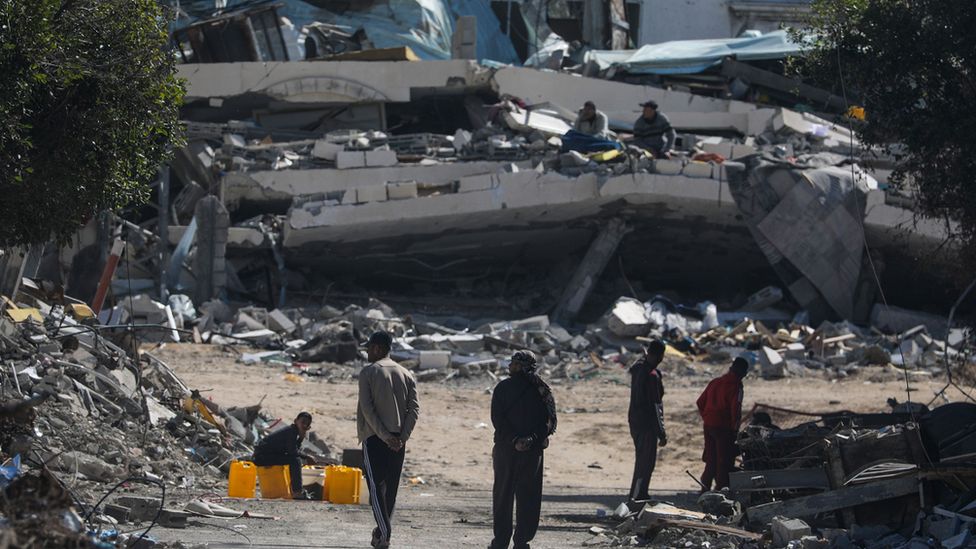 Image source, EPA
Image source, EPA
Talks to agree a ceasefire between Israel and Hamas in Gaza were "not very promising" in recent days, mediator Qatar said.
Prime Minister Mohammed bin Abdulrahman Al Thani said he remained optimistic, but added "time is not in our favour".
It comes as Israel's Prime Minister said he would press ahead with plans for a Rafah ground invasion, despite growing international pressure.
Hamas has blamed Israel for a lack of progress in achieving a ceasefire deal.
Talks have been taking place in Cairo as senior officials from the US, Israel, Egypt and Qatar meet to try to broker a pause in fighting.
"The pattern in the last few days are not really very promising but, as I always repeat, we will always remain optimistic and will always remain pushing," said Sheik Mohammed, speaking at a meeting of world leaders at the Munich Security Conference.
"I believe in this agreement we are talking at a bigger scale and we still see some difficulties on the humanitarian part of these negotiations," he added.
Israeli Prime Minister Benjamin Netanyahu said he sent negotiators following a request from US President Joe Biden, but added they did not return for further discussions because Hamas's demands were "delusional".
The group has laid out a series of demands, including the exchange of hostages for Palestinian prisoners, the full withdrawal of Israel's forces and an end to the war after three 45-day truces.
Israel launched its military offensive after Hamas-led gunmen killed at least 1,200 people and seized 253 hostages in a surprise attack on its territory on 7 October.
The Hamas-run health ministry says more than 28,800 people, mainly women and children - have been killed in Israel's campaign.
Speaking at a press conference in Tel Aviv on Saturday, Mr Netanyahu reiterated his aims of destroying Hamas and said his forces would fight until Israel achieved "absolute victory".
He said those urging against military action in Rafah, the southern Gazan city where some 1.5 million people have fled, were effectively telling the country to "lose the war", adding that his troops would enter even if a hostage deal was reached.
President Biden has urged Israel not to launch an offensive in Rafah without a plan to keep civilians safe.
Meanwhile, Hamas has blamed Israel for a lack of progress in achieving a ceasefire deal and threatened to suspend its involvement unless relief supplies were brought into the north of Gaza. Aid agencies say they are increasingly concerned about the lack of food, water and medicine in the territory.

 4 months ago
47
4 months ago
47
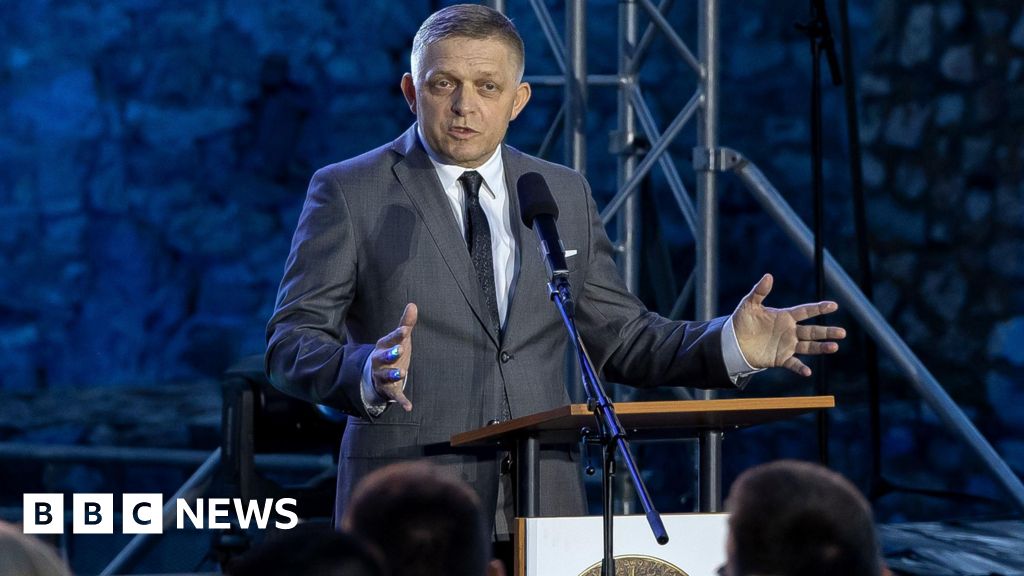
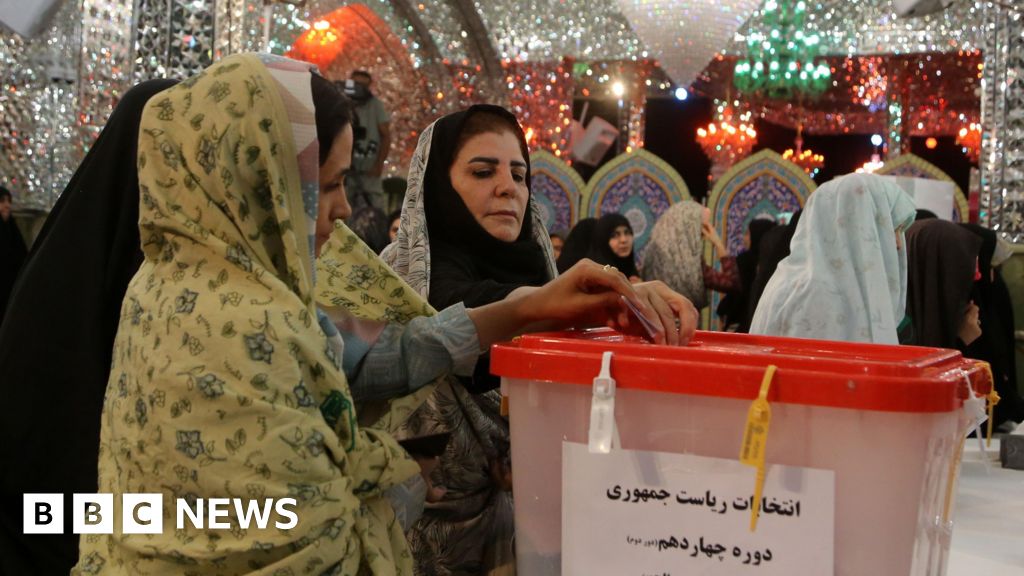
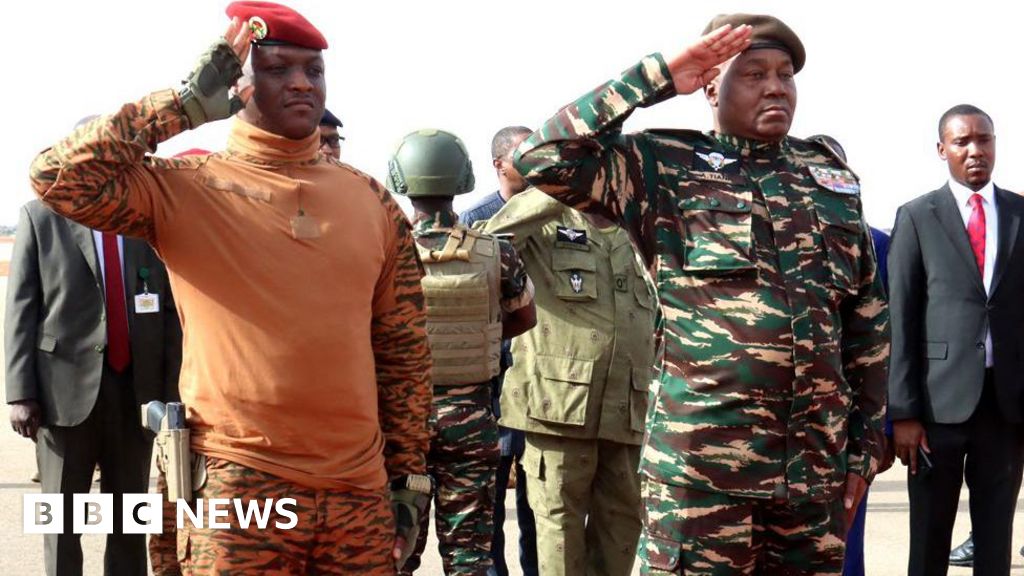


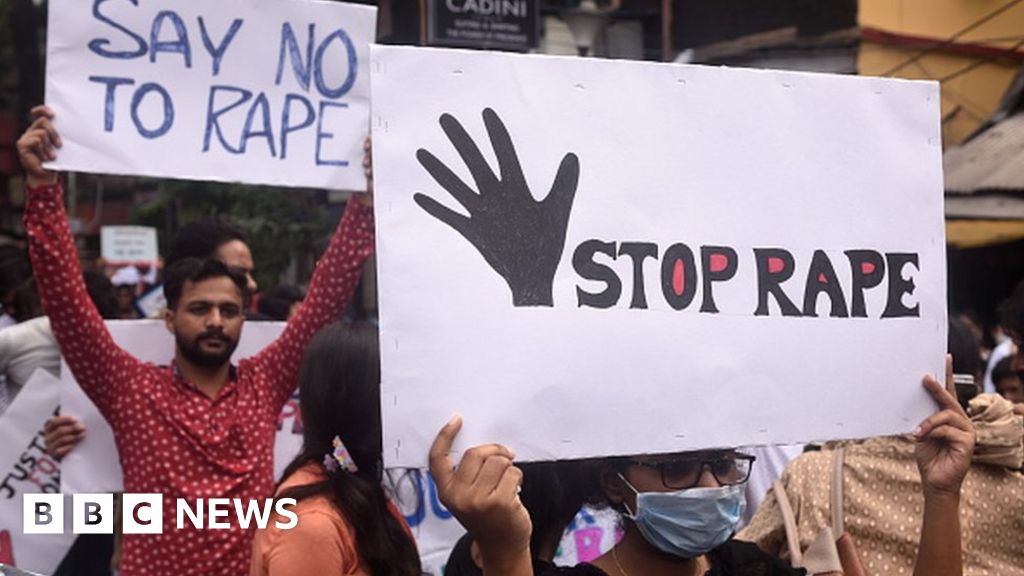

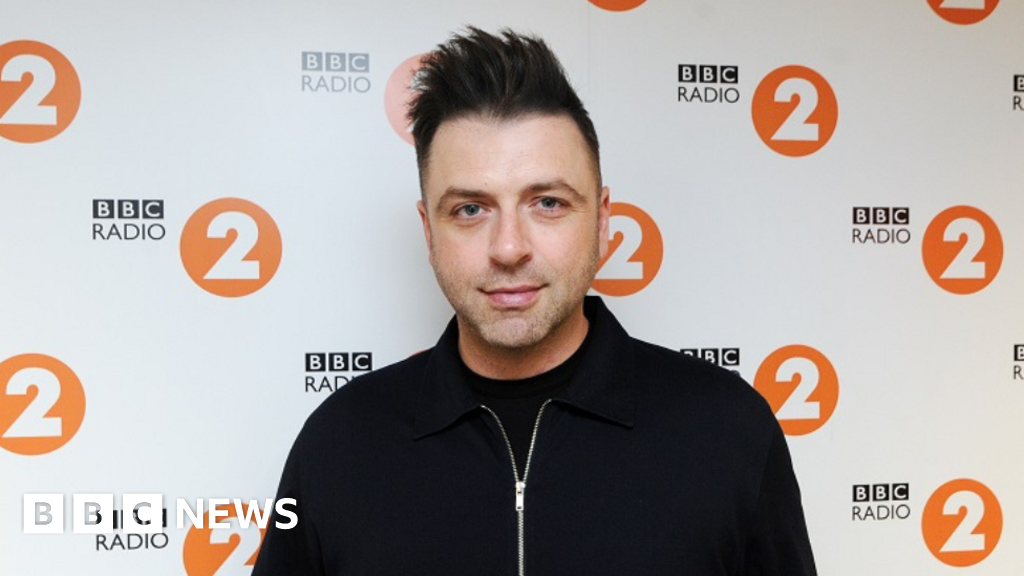
 English (US) ·
English (US) ·